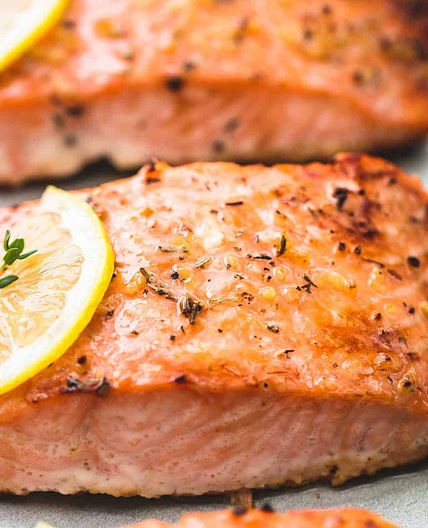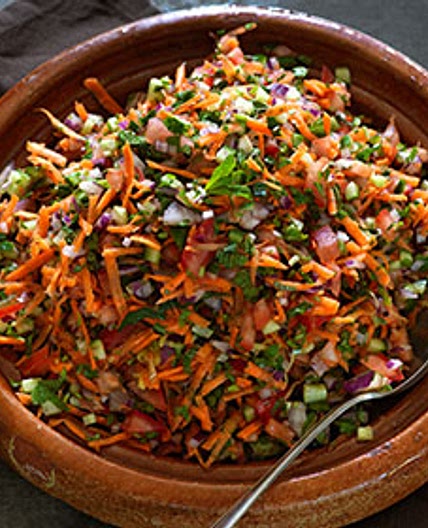Lemon
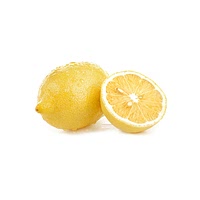 Fridge
FridgeLemon is a versatile ingredient high in vitamin C and fiber. Known for their tart and sour taste, these yellow, oval fruits are one of the most popular citrus fruits around the world. Native to Asia, the fruit grows on flowering evergreen trees. These trees bear fruit year round and can produce up to 600 lbs of lemons annually! From cooking to baking (and even cleaning!), lemons are a power fruit in the kitchen and around the home. Use them to flavor chicken and fish, zest pasta or desserts, or add a touch of sourness to drinks. When it comes to picking lemons at the store, look for fruit that gives slightly when squeezed with bright yellow skin. At home, lemons can be stored in a fruit bowl at room temperature or in the fridge. They will stay good for about a week or two at room temperature and up to a month in the fridge. With a variety of uses, lemons are also known for a host of health benefits. Rich in vitamin C, lemons may help reduce the risk of heart disease. The juice from one lemon alone can provide around 30% of your daily requirement of vitamin C. Just remember that if you’re prone to acid reflux, lemons can also cause heartburn. When it comes to lemons, there’s no doubt they’ve earned their right as a staple ingredient in the kitchen. From the rind to its juice, lemons can be used to balance a dish, freshen up a cocktail, add tartness to baked goods, and so much more.
Lemon nutrition and vitamin info per 100g
| Energy | 29 | kcal |
| Total Fat | 0.30000001192092896 | g |
| Carbohydrate Total | 9.319999694824219 | g |
| Sugars | 2.5 | g |
| Protein | 1.100000023841858 | g |
| Sodium | 2 | mg |
| Fiber | 2.799999952316284 | g |
7325 recipes to cook with Lemon
Lemon substitutes
Lemon equivalents and varieties
Lemon cooking tips
- Anonymous Sausage
Yum
 Samsung Food
Samsung FoodLook for lemons with smooth rind and no tinges of green.
 Samsung Food
Samsung FoodTo make your lemons more juicy-bring them to room temperature and roll them under your palm on a flat surface.
 Samsung Food
Samsung FoodWhen zesting a lemon, make sure you remove only the outer yellow layer, and not the inner white pith-which is bitter.
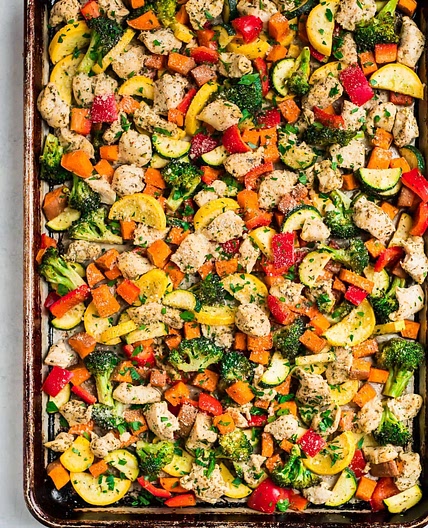
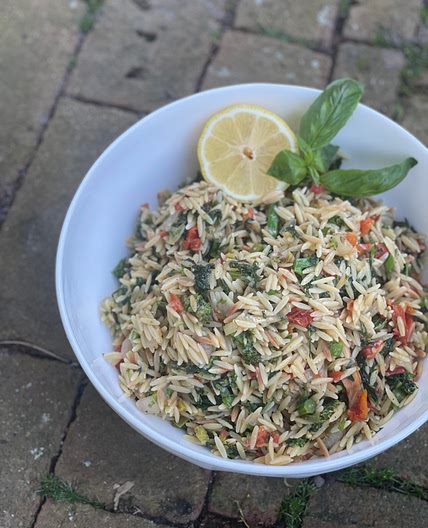
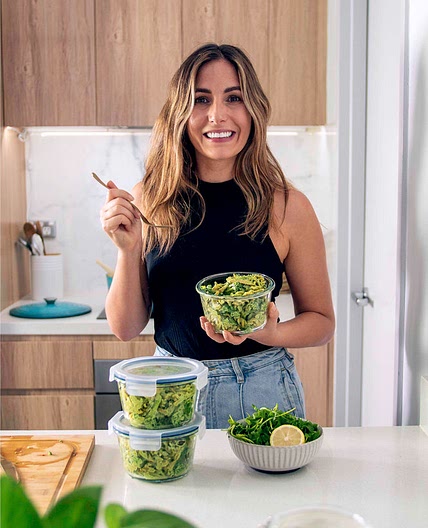
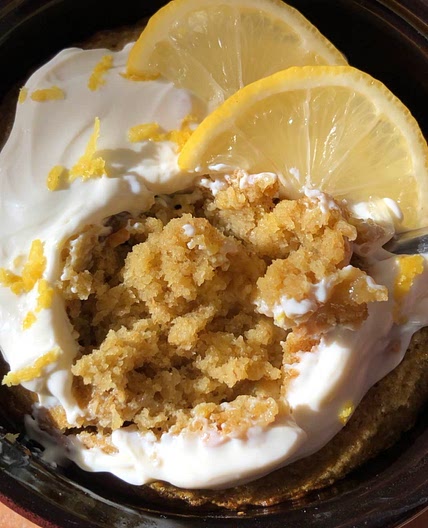
![Spinach, Lentil & Lemon Soup, 34p [VG/V/DF/GF]](https://art.whisk.com/image/upload/fl_progressive,h_264,w_214,c_fill,dpr_2.0/v1641154770/recipe/08173b4f9a5b736834428906994097b2.jpg)
